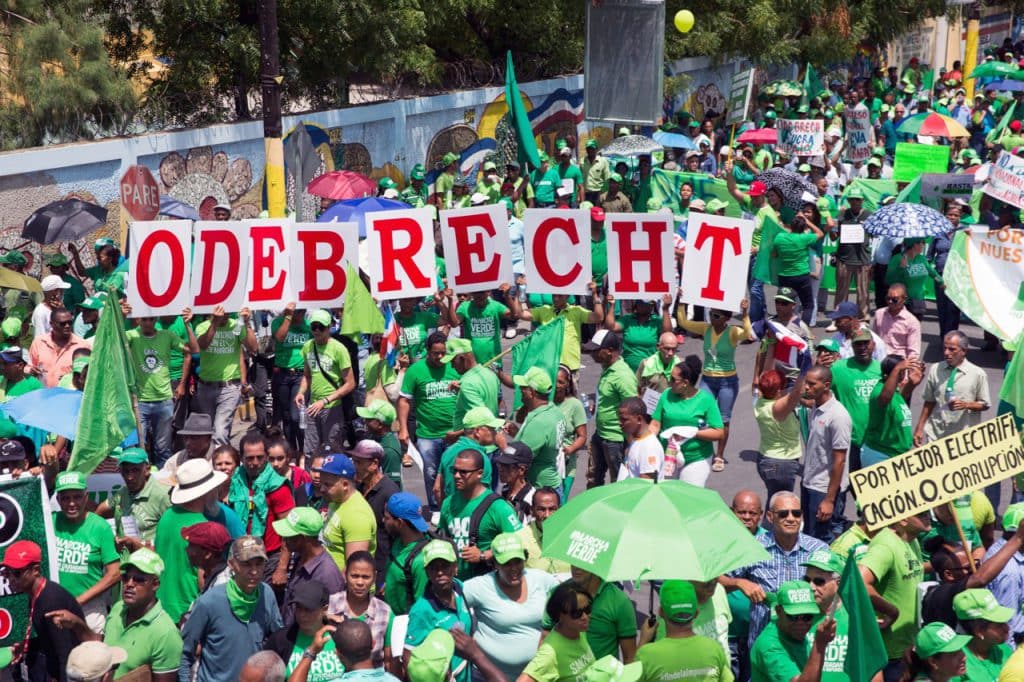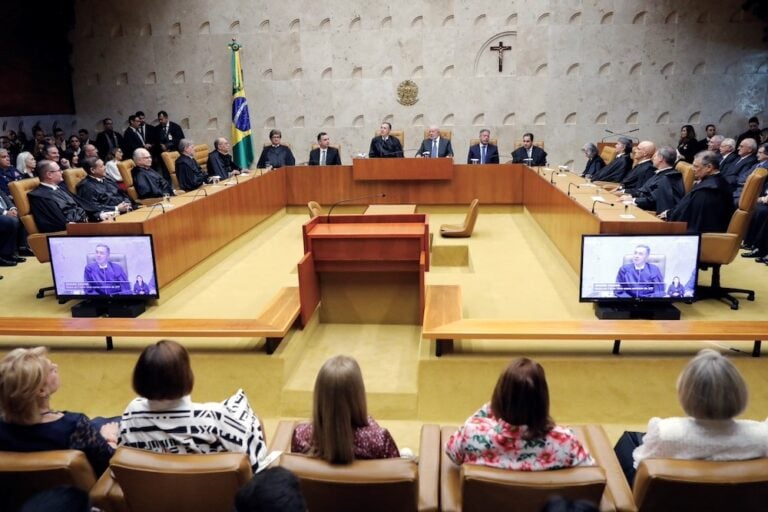Alexandre de Moraes of the Supreme Court ruled that the website O Antagonista and the digital magazine Crusoé must remove content related to the report "The friend of the friend of my father".
This statement was originally published on abraji.org.br on 17 April 2019.
The investigation opened by the Brazilian Federal Supreme Court (STF) to determine the dissemination of “fake news” against the ministers of the court itself reached on April 15 2019 its first target: freedom of the press.
The minister of the STF Alexandre de Moraes decided that the website O Antagonista [The Antagonist] and the digital magazine Crusoé must remove content related to the report “The friend of the friend of my father” (cover of the most recent edition of Crusoe), which deals with alleged relations between Supreme Court President Antonio Dias Toffoli and Odebrecht.
In the same decision, Moraes determined that the Federal Police summon “the people responsible” for the website and for the magazine “to testify within 72 hours”. If the outlets do not remove the contents, they will receive a daily fine of 100.000 BRL.
The decision is part of Inquiry 4781, opened by Toffoli on March 14, 2019, processed in secrecy by the STF and is reported by Moraes. According to the rapporteur, the investigation concerns “the existence of fake news, slanderous denunciations, threats and infringements covered by animus caluniandi, diffamandi or injuriandi [slander, defamation and harm], which affect the integrity and security of the Federal Supreme Court, its members and family members, extrapolating freedom of expression”.
The Crusoé report pointed to the existence of a document in which contractor Marcelo Odebrecht, in response to questions from the Federal Police in connection with the Lava Jato investigations, reveals that the code name “the friend of my father’s friend” refers to Toffoli. The codename had been used in emails exchanged between Marcelo Odebrecht and executives of the contractor.
After the publication of the report, Toffoli requested to Moraes “a due investigation of the lies recently spread by despicable people and sites that want to attack Brazilian institutions”.
Moraes, by determining that the report should be removed from the air, considered that “there is a clear abuse in the content of the articles published” – without explaining what constitutes such abuse.
The minister also stated that this is a “typical example of fake news” – without clarifying how the court conceptualizes “fake news”, since there is no consensus on the issue or among specialists in disinformation.
The only element that Moraes quotes to describe the report as false is a note in which the Attorney General’s Office states that they had not received information about the clarifications of Marcelo Odebrecht. Crusoé magazine, in its text, says that “a copy of the article” was sent to the Prosecutor. Although this is a secondary aspect of the report, Moraes states that “obviously the clarification made by the Attorney General’s Office renders those statements in the article as false”. The document mentioned by Crusoé magazine does exist, it is available on the internet. The full text was also published by the newspaper O Estado de S.Paulo.
It is unsettling to blame journalists of spreading “fake news,” based on official sources and documents, regardless of whether the content is correct or not. More unsettling still is to use this vague concept, which some authorities use to disqualify everything that displeases them, to determine suppression of journalistic content on the internet. The precedent created by this action is a serious threat to freedom of expression, a constitutional principle that the STF claims to defend.
It is also a cause for alarm that the STF adopts this restriction of freedom of the press particularly in a case that refers to the president of the court.
Abraji appeals to the Federal Supreme Court to reconsider the decision of Minister Alexandre de Moraes and reinstate the right to publish information the affected news outlets consider to be of public interest.
Board of Directors of Abraji (Brazilian Association for Investigative Journalism), April 15, 2019.



